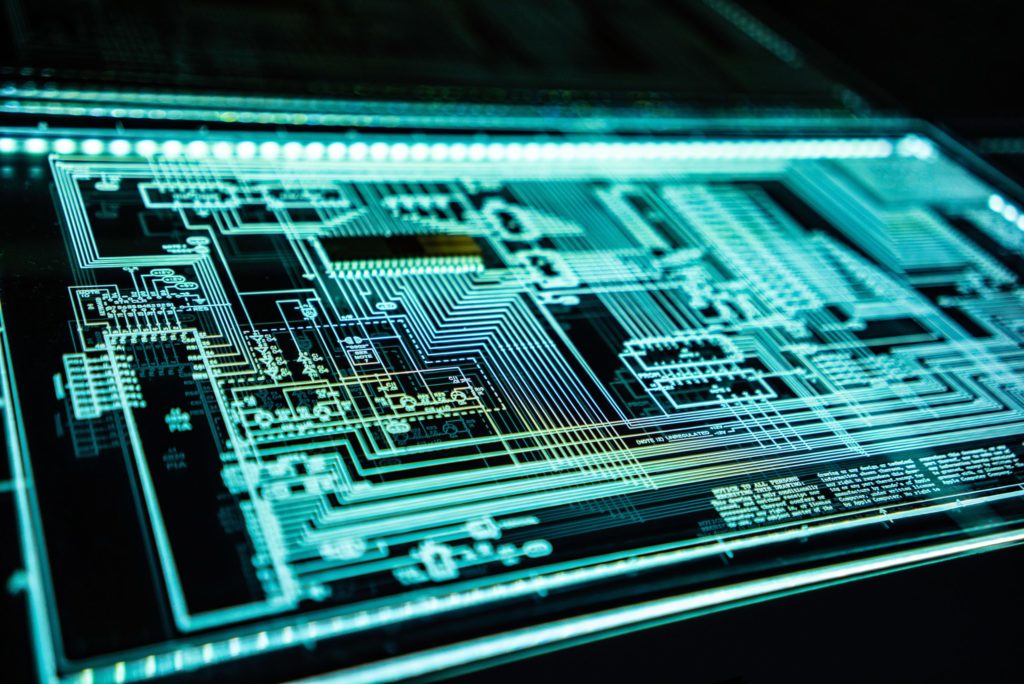Tech security is a major issue, both for individual users and commercial organizations. As businesses are under increasing pressure to tighten their online security protocols and prevent data loss, more organizations are reviewing their existing cybersecurity strategies.
To ensure your business is operating as securely as possible, it’s important to make sure you use an operating system that will provide maximum security. Let’s take a look at some of the key factors affecting operating system security in Macs and PCs.
1. Human Error
To begin, you should know that the number one cause of security failures is human error, not operating systems. No matter how good your protection is, if you click on the link in that phishing email or override your antivirus protection to download unknown software, you’re opening yourself up to attacks.
So the first thing you should do to reduce the danger of human error is make sure your employees receive effective security training. This will minimize the number of errors that put your company at risk.
You can also reduce the dangers of human error by making your systems as user-friendly as possible. As Mac systems are typically more user-friendly than PCs, this could help to make your company’s IT infrastructure significantly safer. By minimizing the need for staff-initiated updates and providing an intuitive system interface, the most common security issue for your company could be greatly reduced.
2. Built-in Design
The design and structure of an operating system can offer built-in security. While the Mac operating system is based on Unix and has a security model at the core of its OS, Windows does not offer the same level of security within the operating system itself.
This means users are more reliant on third-party programs and add-on software. While this may seem like an effective solution, it does increase your company’s expenditure when it comes to purchasing additional security solutions and renewing user licenses. Furthermore, whenever you rely on third party additions as opposed to built-in functionality, it does leave a gap that could be exploited by hackers or unauthorized personnel.
3. Priority Targets
The vast majority of security breaches occur because of targeted attacks. People with nefarious intentions will target a particular website or design malware which is capable of infiltrating a specific system. To date, Windows systems have been targeted most frequently, presumably because hackers can reach a larger demographic since there are more Windows users worldwide.
Businesses can reduce the probability of security breaches by using an alternative system. When you select an operating system that isn’t a priority target for hackers, such as Mac OS, you can reduce the number of threats you’re likely to face.
4. Additional Requirements
Due to the lack of built-in security protocols within PC operating systems, users are forced to rely on additional software and third-party programs to ensure security. This not only adds the cost of purchasing software in addition to buying your equipment, but it also inflates operational costs.
In addition to this, the need for third-party additions could lead to increased human errors and subsequent security breaches. As each security program will need to be customized in accordance with your organization’s policies and user needs, there is the potential for mistakes to be made.
When individual staff members are continually prompted to update these programs, they could inadvertently make changes which could throw your entire security strategy into disarray. In many cases, of course, users simply fail to update third-party software, which results in substandard cybersecurity.
Enhancing Mac Security
Although Mac security is optimized to protect your system as much as possible, this doesn’t mean that Macs are exempt from potential security threats. Any operating system can be subject to security issues if the appropriate maintenance isn’t carried out. As new threats emerge, for example, your systems may need to be upgraded or modified to prevent them from being infiltrated.
So while switching to a Mac OS can give you all the benefits associated with Mac security, it’s still important to take a proactive approach to cybersecurity. That’s why we recommend working with an Apple Consultant who specializes in Macs. An experienced security technician can give you advice, assistance, and 24-hour support to help prevent data breaches, server failures, and any other technological mayhem that arises.


